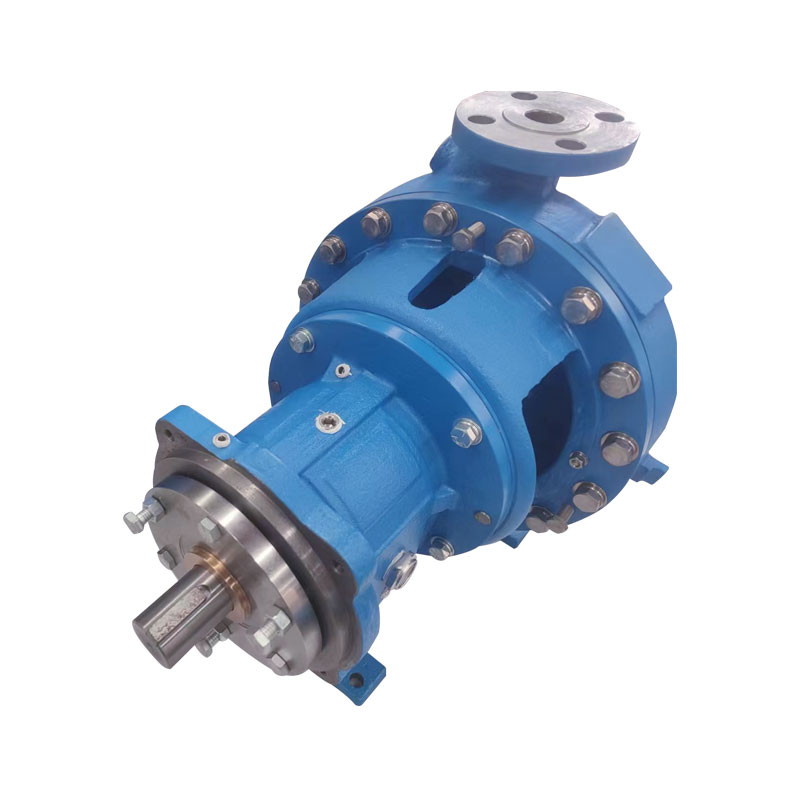What Makes an Industrial Duty Chemical Transfer Pump Essential for Your Operations
2025-09-17
As a 20-year veteran at Furkey, I’ve spent much of my career working with engineers and plant managers to solve some of their toughest challenges. One recurring theme is the need for reliable, efficient, and safe chemical transfer solutions. Whether it’s handling aggressive acids, viscous solvents, or high-purity ingredients, the heart of these operations often comes down to one critical piece of equipment: the Chemical Process Pump.
Selecting the right pump isn’t just a purchase—it’s a long-term decision that impacts safety, productivity, and total cost of ownership. So, how do you know which pump truly fits your industrial duty requirements?
What Key Features Should You Look for in a Chemical Transfer Pump
Not all pumps are built the same. Industrial applications demand robustness, compatibility, and performance under pressure. Here are the non-negotiable features we engineer into every Furkey chemical pump:
-
Sealless Design: Eliminates leakage risk, protects operators and the environment.
-
Chemical Compatibility: Constructed with materials that resist corrosion and erosion.
-
Dry-Run Capability: Prevents damage and extends lifespan even under unintended dry conditions.
-
Thermal Management: Avoids overheating during prolonged or high-demand operations.
-
Easy Maintenance: Modular design with quickly replaceable parts to minimize downtime.
Which Technical Specifications Truly Matter for Heavy-Duty Performance
It’s not just about flow rate. You need a pump that matches your process conditions with precision. Below is a detailed breakdown of the performance specs for our FCP-Series pumps—the kind of detail I wish every supplier would provide upfront.
| Parameter | FCP-200 Series | FCP-400 Series | FCP-600 Series |
|---|---|---|---|
| Flow Rate (GPM) | 0-50 | 50-200 | 200-500 |
| Max Head (Feet) | 60 | 120 | 200 |
| Max Temperature (°F) | 210 | 300 | 400 |
| Power Options (HP) | 0.5 - 3 | 3 - 15 | 15 - 40 |
| Material Options | PP, PVDF | SS316, Hastelloy | SS316, Alloy C22 |
List of compatible fluids:
-
Acids: Sulfuric, Hydrochloric, Nitric
-
Solvents: Acetone, Toluene, MEK
-
Caustics: Sodium Hydroxide, Ammonia
-
High-Purity Pharmaceuticals & Food Grade Fluids
Who Benefits Most from Using a Furkey Chemical Process Pump
If you’re in an industry where precision, safety, and reliability can’t be compromised, our pumps are designed for you. Common applications include:
-
Chemical manufacturing and synthesis
-
Wastewater treatment and chemical injection
-
Pharmaceutical and bio-processing
-
Food and beverage production
-
Semiconductor and electronics manufacturing
How Can You Extend the Life of Your Chemical Pump
Even the best pump requires proper use and maintenance. Based on feedback from our long-term clients, here are three best practices:
-
Always avoid running the pump beyond its curve limits.
-
Implement routine visual inspections for unusual noise or vibration.
-
Follow the manufacturer’s guidance for fluid compatibility—don’t guess.
Why Trust Furkey with Your Critical Fluid Transfer Operations
For two decades, I’ve seen how the right pump can transform a process—making it safer, more efficient, and more profitable. At Furkey, we don’t just sell pumps; we deliver solutions backed by real-world experience and relentless testing. We understand your pain points because we’ve been there with you—on the plant floor, in the lab, and in the control room.
Ready to see how a Furkey Chemical Process Pump can optimize your operations? Contact us today for a free consultation or request a custom quote tailored to your needs. Let’s solve your toughest pumping challenges together.
Reach out now—our engineering team is here to help.



